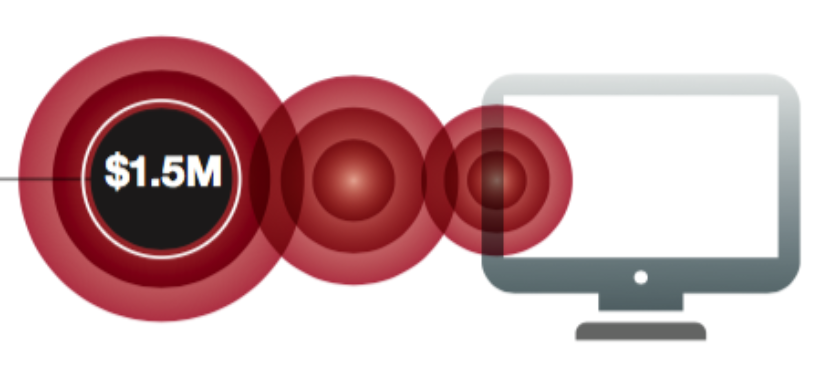An electronic consultation system called eConsult was developed to address these barriers and delays. eConsult is an electronic referral program that allows primary care providers and specialists to securely share health information and discuss patient care.
The SC CTSI supported a formal evaluation to determine the impact of eConsult on access to specialty care among Medi-Cal managed care patients in small and solo physician practices. The findings demonstrated important benefits for the patient, primary care provider, and medical specialist. Patients could access specialty care faster, and they experienced better health outcomes with earlier specialist intervention. Patients also reported higher levels of satisfaction due to decreased wait times for subspecialty appointments. Primary care providers experienced enhanced communication with specialists and were able to expand the scope of their primary care practice, while specialists reported improved pre-visit work-ups, a decrease in unnecessary or inappropriate specialty referrals, and reduced “no-show” rates.

“Specialists are turning around cases in three days, versus several weeks for referrals handled the traditional way.”
Sandy Atkins – Vice President of Institute for Change at Partners in Care
Based on these dramatic results, eConsult is being implemented by several Medi-Cal providers and across the public health clinics operated by the LA County Department of Health Services, where it is improving access to specialty care for thousands of low-income patients. This story is an outstanding example of how a modest investment in research on the part of the SC CTSI was translated into a major impact on health care for large communities of diverse and underserved patients.
